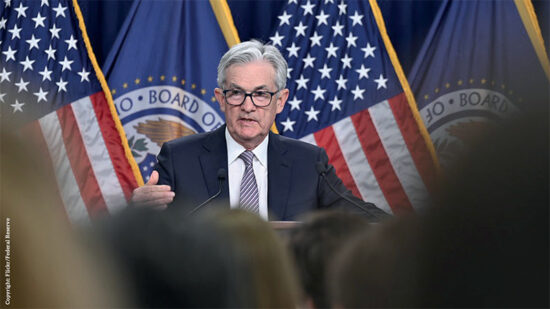“The economy is slowing, but what is interesting is if you look at China’s contribution to global growth, and then you look at China’s weighting in the MSCI World Index, then there is a huge under-representation of China,” Yeung said in an interview with International Adviser‘s sister publication Fund Selector Asia.
China has less than 3% representation in the MSCI World Index, she said.
“This certainly does not reflect China’s presence on the global stage.
“Whether ADR or A-shares gets included in the MSCI China index, we think there will be a huge amount of investment opportunity.”
The MSCI had in June 2013 initiated a review of China A‐shares for a possible inclusion in the MSCI Emerging Markets Index. But in 2014, it chose not to add the mainland Chinese equities to its global benchmark indices.
According to reports, the MSCI is likely to announce the assessment of China A-shares in June.
Expectations are high as the country gradually opens its capital markets for global investors. Initiatives such as the launch of Shanghai Hong Kong Stock Connect, the expansion of the Renminbi Qualified
Foreign Institutional Investors scheme beyond Hong Kong, and the recent lifting of the $1bn ceiling on the QFII (Qualified Foreign Institutional Investor) programme have helped increase the flow of foreign capital into China.
Turning overweight on China
Yeung said the fund house recently raised the allocation to China in the Fidelity Emerging Asia Fund. The product was underweight China at the beginning of the year.
The fund has a domestic consumption theme and a favourite sector is IT, particularly since e-commerce is only beginning in China.
In terms of the financial sector, the fund has exposure to brokerages and insurance companies.








